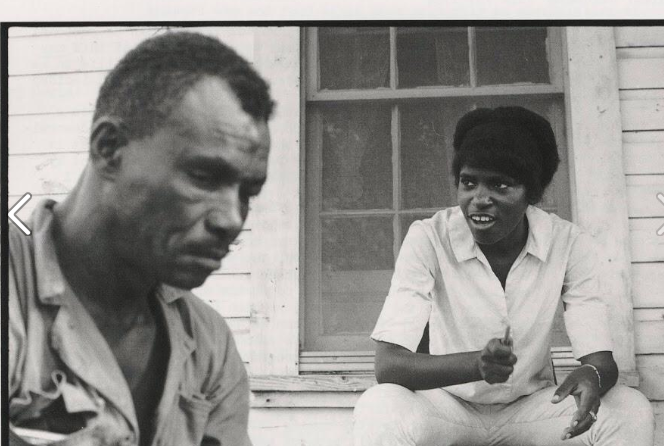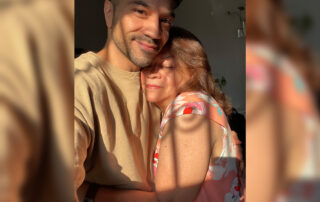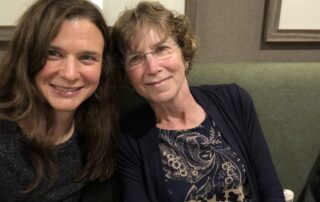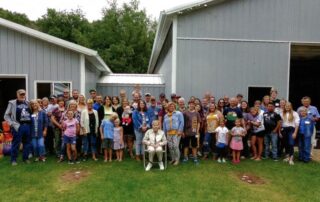Gwen Gillon now calls Madison, Wisconsin home. But her roots are in the south where she fought for civil rights. Jeff Burkhart brings us her story.
==
Stokely Carmichael called her a “gutsy little sister.” Gwen Gillon became the youngest staff member of the Student Nonviolent Coordinating Committee, or SNCC, and participated in Freedom Summer. The retired teacher now calls Madison home but she grew up in Anniston, Alabama – one of seven children.
“We lived in a very poor place in a three room shack,” described Gillon.
They had no electricity or running water, and the family ate beans and cornbread for nearly every meal. The family later moved to a house with electricity and plumbing thanks to Gillon’s mother who petitioned the local government.
In high school, Gillon got a scholarship to Tougaloo College. It was there that she met members for the SNCC.
“I’d been wondering how I could be a part of the movement,” said Gillon. “I dropped out of college after two weeks and became a staff member of SNCC at age 17.”
Gillon trained for Freedom Summer of 1964, an effort to register African Americans to vote in Mississippi.
“We weren’t making any progress just sitting at lunch counters, so we thought the best thing to do was to register people to vote,” explains Gillon.
Then on June 21,1964, three young civil rights workers—a 21-year-old Black Mississippian, James Chaney, and two white New Yorkers, Andrew Goodman, 20, and Michael Schwerner, 24—were murdered in Nashoba County, Mississippi. They, like Gillon, had been registering black voters in Mississippi. They were arrested by the police on trumped-up charges and then released after dark into the hands of the Ku Klux Klan, who beat and killed them.
“It was frightening,” said Gillon.
Gillon continued to work for SNCC for the next two years. Then in 1966, she was offered a scholarship at the University of Wisconsin-Madison. She studied American history and eventually got a degree in special education.
She continued to be active in the Civil Rights Movement in Wisconsin and in the antiwar movement. She later worked in the Madison schools for more than 30 years.
Gwen’s time fighting for civil rights in Alabama, Mississippi and Wisconsin helped her understand herself and the importance of political participation.
“I learned that you should vote every time. I think that voting matters,” said Gillon.








